To provide the best experiences, we use technologies like cookies to store and/or access device information. Consenting to these technologies will allow us to process data such as browsing behaviour or unique IDs on this site. Not consenting or withdrawing consent, may adversely affect certain features and functions.
The technical storage or access is strictly necessary for the legitimate purpose of enabling the use of a specific service explicitly requested by the subscriber or user, or for the sole purpose of carrying out the transmission of a communication over an electronic communications network.
The technical storage or access is necessary for the legitimate purpose of storing preferences that are not requested by the subscriber or user.
The technical storage or access that is used exclusively for statistical purposes.
The technical storage or access that is used exclusively for anonymous statistical purposes. Without a subpoena, voluntary compliance on the part of your Internet Service Provider, or additional records from a third party, information stored or retrieved for this purpose alone cannot usually be used to identify you.
The technical storage or access is required to create user profiles to send advertising, or to track the user on a website or across several websites for similar marketing purposes.
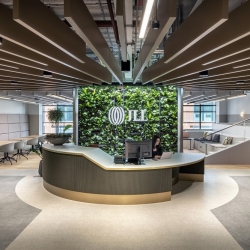 The current economic environment is creating challenges for investors and occupiers to make the case for investing in retrofitting and futureproofing their real estate. JLL’s new The Commercial Case for Making Buildings More Sustainable report outlines three key factors that should be prioritized in occupiers’ and owners’ decision-making to create a more resilient and sustainable built environment. (more…)
The current economic environment is creating challenges for investors and occupiers to make the case for investing in retrofitting and futureproofing their real estate. JLL’s new The Commercial Case for Making Buildings More Sustainable report outlines three key factors that should be prioritized in occupiers’ and owners’ decision-making to create a more resilient and sustainable built environment. (more…)




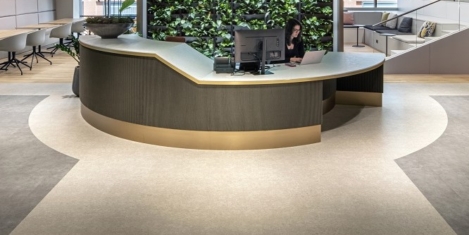

 Office workers now spend more time in the office, with the average creeping up to three and a half days per week compared to
Office workers now spend more time in the office, with the average creeping up to three and a half days per week compared to 



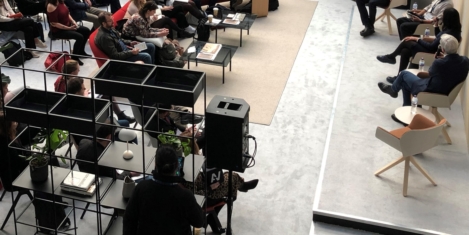
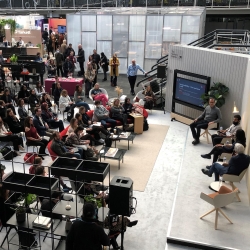






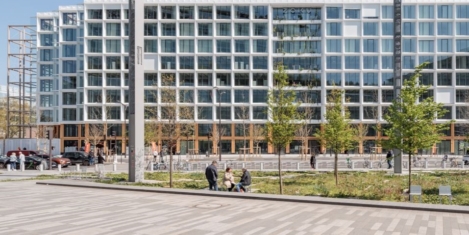












November 14, 2023
No one shouted stop, although we all should have seen it coming
by Chris Kane • Comment, Everything Omni, Facilities management, Property, Workplace design